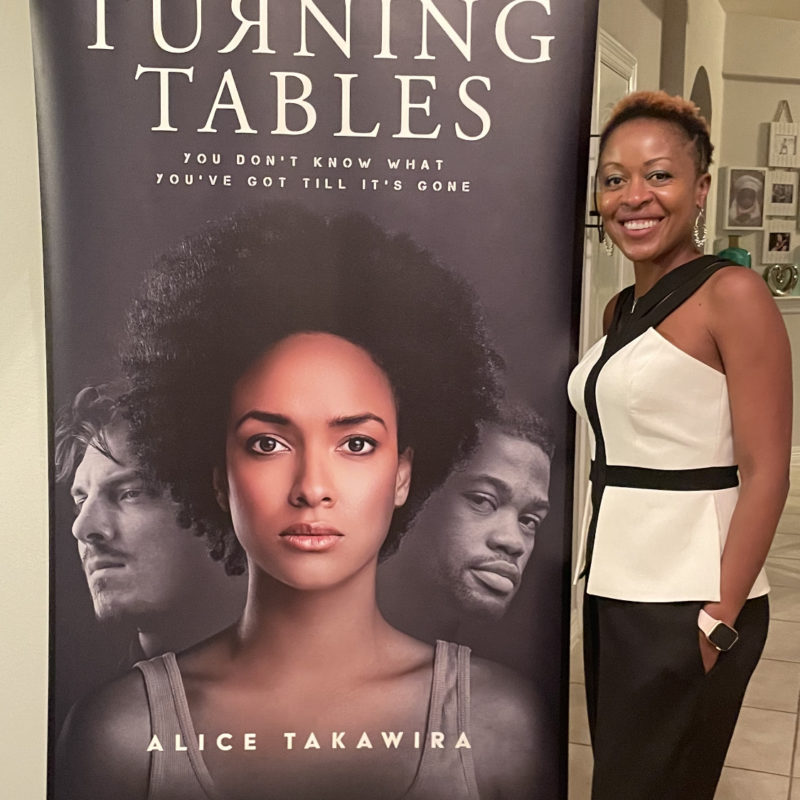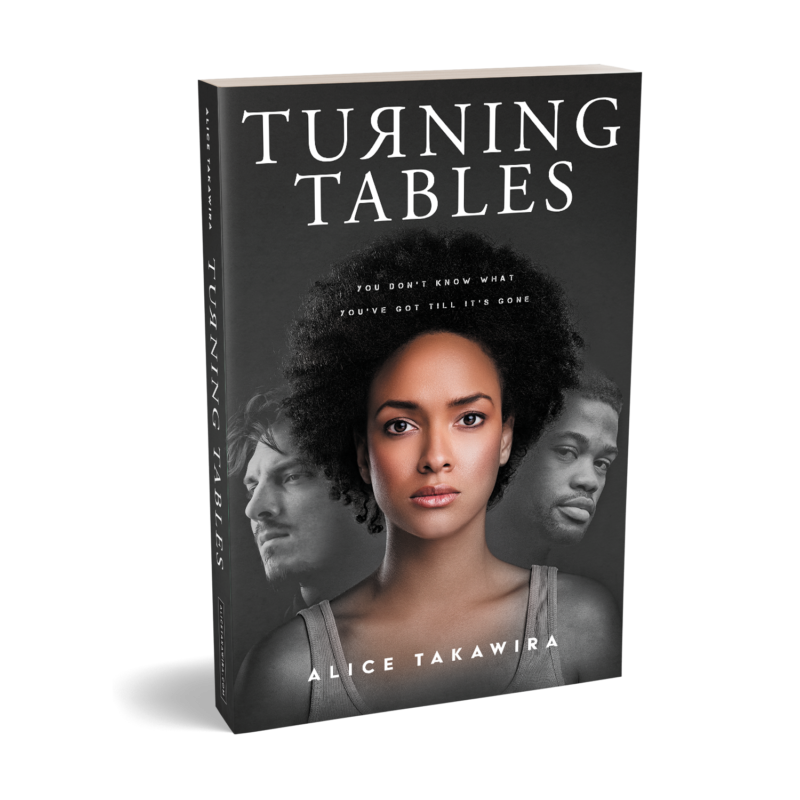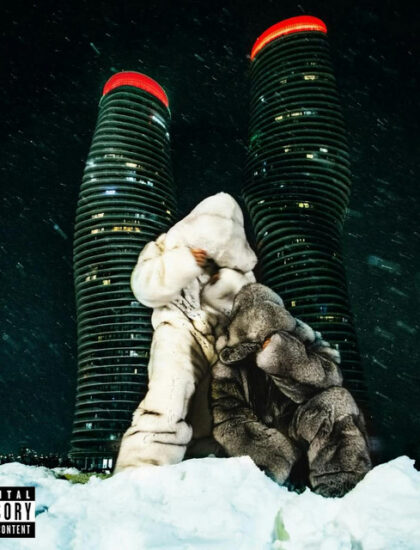‘Turning Tables’ is available on Amazon and other online book stores. #enthuse (#) sat down for a virtual chat with author Alice Takawira (AT).
#: Tell us a little bit about yourself and what inspired your pen name.
AT: My name is Rudo Alice Takawira. When I decided to become an author, I used my middle name because I have never used it for anything, but I have it on my birth certificate. So, for some reason, I just thought it would be nice to use my middle name as my pen name and also to separate the Rudo that everybody knows in my circles in my life from the author and yet I’m the same person.
I was born and raised in Zimbabwe, I grew up in Bulawayo. I’m from Bulawayo, and my kumusha (rural home) is Murehwa. I went to the University of Zimbabwe where I studied physiotherapy When I graduated I moved to London where I work as a physiotherapist and after about 4 years I moved to America (USA), Atlanta to do my Master’s in Public Health at Emory University. Now I live in Atlanta, am married to a Zimbabwean man and have two kids. I’m just your regular working mom, with two kids and now I have decided to become a writer too.
#: When did you realise that you wanted to be a writer?
AT: I just used to read a lot. I would write handwritten books which I went to Saint James High School in Nyamandlovu as my classmates and schools read and love. I think what influenced me as a writer is reading.
I used to be one of those kids when I was in primary school I was like in three libraries, I had a library in the school, a library at home and in our neighbourhood there was a mobile library, which was like a bus that used to come and loan books as well and I was a member of that too. I kept my books under my pillow and if you ever picked up my pillow you would always find a book. My sister would hide my books from me because she wanted to play. She would say
“Ah, iwe wakubwa ngatitaurei nyaya!”
I think this made me creative and become imaginative. I started thinking let me write my own stuff, and if you go to my blog on my website (www.alice takawira.com).
#: What inspired you to write Turning Tables?
AT: I was inspired by my own experience as an immigrant (to the USA). When you start meeting other immigrants, Nigerians, Kenyans, South Africans, and even European immigrants, and you start sharing stories, you all have a common ground.
“I came here, I went to school, this was my struggle and then trying to get legal status. This was my struggle.”
When you get into the social aspect, especially girls on dating, everybody that I have talked to says they can write a whole book about their experience. When you are a foreigner in a foreign land, you are more likely to date someone of your race or your culture, because you are not among your people and dating outside your race can be very very challenging.
#: Is there a specific reason you included your alma maters in the book?
AT: I wanted to make it as authentic and as relatable as possible, so I thought if I used what I know it would make it easy. I know what it is like to be a physical therapist, I know what it’s like to work in London, and I know what it’s like to come here (Atlanta) as a graduate student and all of that. I could have made it all fictitious, I could have made up the universities, like the University of Zamunda, but I just wanted to give a shout-out to my country, the University of Zimbabwe. Yes, you will find a lot of similarities with my own journey in the book. A lot of people have been asking, ”Is this you?” and I’ve been saying it’s not a biography. However, I used my own experience to influence or tell the story.
#: How did your family feel about your book?
AT: The first person to ever read my book was my husband. When I was writing, I would say Jona read this. My husband reads a lot, he is a very big reader, he reads historical fiction, he reads history, and he is very well-read. His (husband) mom was an English teacher, but she also worked at UZ for many many years, so he comes from a very very academic type of family, so he is very very critical in his reading, and his analysis of stuff. I knew that if I gave it to him, his opinion would be solid whatever it is. He only read it after a year when I wrote the first draft, that’s the only time he read it. He liked it, he had a lot of corrections and things to say about certain things…he was actually like
“Wow !!! I’m proud of you. This is actually a pretty good story.”
My kids were absolutely my biggest supporters. My daughter would ask,
“Mummy, how many chapters have you written?”
Sometimes when I would have writer’s block my daughter would say to me “Are you still writing a book? Whatever happened to your book” Sometimes she would sarcastically say “Are you ever going to publish that book?
My mom passed on two years ago, she was very impressed because she knew I had always wanted to write as a child and so she said
“You are back to your writing.”
She was very proud. If she were alive she would have been very very proud of me.
#: How long did it take you to write Turning Tables?
AT: The whole process took me three years to say I have a full complete manuscript that I could publish.
#: What lessons have you learnt from the experience of writing Turning Tables?
AT: I have learnt that procrastination is terrible. If you want to start something just start it to the best of your abilities. Time is important, so if you have a project, I think it’s good to try not to procrastinate as much as you can. I have also learnt to take constructive criticism, I think that was the hardest part, because when you write something, you the author, it’s your baby, you will believe it’s perfect.
I love all my characters, I love how I wrote them and then when you give it to the professional editor, or even a friend or someone and they say I don’t really like this I don’t really like that at all, why did you do this, this doesn’t seem right at all, why don’t you change this. I had to discard a whole chapter, my first chapter is not how it was, I had to change my entire arrangement of certain characters based on feedback that I was getting. Taking constructive criticism is something I am still learning.
M: What other advice can you tell aspiring writers?
AT: Do your research.
I had to learn about the publishing world myself. I didn’t know that when you were writing a book. The first thing they ask you is the word count, for each genre, whether you are writing fiction or a biography or young adult fantasy or series, it’s governed by word count. Your words cannot be below a specific number or it will become a novella and if it passes a certain number they will say it’s too much. I would say learn the craft, learn the industry, understand what your audience is, and understand what your genre is.
Just start writing and keep on writing, whether it’s a rough draft. After registering you have to go through rounds of editing, let other people read it, take all the criticism and use it to improve yourself and just be ready to be criticised.
If you want to publish your work, then you should invest or hire a professional proofreader and editor, not someone who wants to keep you happy, but someone paid to do the job—a person who will be honest with you and tell you the truth.

#: As a multi-faceted African woman, how did you juggle motherhood, being a wife, a professional physiotherapist and writing to pull off Turning Tables?
AT: I did most of my writing in the evening when I would come back from work and while everyone was asleep. It was hectic. I think that’s why it was also moving very slowly because I didn’t have a lot of time to write quietly. On my typical day I would get up, make myself ready, get the children ready for school, and drop them off then I would go to work, and pick them up after school.
We do whatever after-school activities they have eg swimming, tennis or whatever it is we are doing that day, we come home, we have dinner, they get ready. By the time you are done, you just want to rest, but I found out that I would have to wait until everyone is sleeping. So I would pull out my laptop and start typing. I also had to be mindful that I had work the next morning so I couldn’t stay up too late.
 My husband encouraged me to cut down my hours at work and spend more time writing. It was then that I switched from being full-time to part-time, and that made all the difference. Things started moving a little bit faster. This made the research and creative process flow, everything was in sync when I was alone.
My husband encouraged me to cut down my hours at work and spend more time writing. It was then that I switched from being full-time to part-time, and that made all the difference. Things started moving a little bit faster. This made the research and creative process flow, everything was in sync when I was alone.
I had to be patient with myself, I learnt to be patient with my work and to take the time I needed to make sure it was a good product.
#: You did it and you published ‘Turning Tables’, now what’s next?
AT: Most people are asking about how (Turning Tables) ends and ask if there is a part two, because some want to see certain characters having a bigger role in the next book and stuff, but I don’t think there is a part two. At the moment I don’t have a plan for part two. I would love to write another book, I love creating things. I think the creative process for me is putting it on paper, seeing it come to life and then seeing people enjoy it; that’s the best part for me. If people enjoy your work, it’s amazing. So I would absolutely love to do it again but my next project would be an audio version of ‘Turning Tables’.























